Short Term Rental Laws in Pinellas County, Florida
Home > Management > Florida > Pinellas County > Short Term Rental Laws in Pinellas County
Short Term Rental Laws in Pinellas County, FL
What Owners & Visitors Should Know
Pinellas County, located on Florida's beautiful Gulf Coast, is a popular destination for short-term rentals. As part of Florida state short term rental regulations, counties like Pinellas have established guidelines to ensure compliance. With the rise of platforms like Airbnb and Vrbo, more property owners are looking to capitalize on this trend. At Home Team Vacation Rentals, we support this growing industry and offer compliance management services to help owners navigate local laws and regulations.
Overview of Short Term Rental Regulations
Pinellas County has established specific rules for short-term rentals, detailed in Section 138-3232 of the county code. These regulations aim to allow short-term rentals while protecting the neighborhood from potential negative impacts, such as traffic, noise, and safety concerns. According to the code, the intent is "to allow for an individual dwelling unit to be rented to an individual or party at a lease term that is less than one month while protecting the immediate vicinity from associated negative impacts" (Pinellas County, Sec. 138-3232).
Detailed Breakdown of Sec. 138-3232
Purpose and Intent: The regulations are designed to balance the benefits of short-term rentals with the need to protect residential neighborhoods.
Applicability: These rules apply to individual dwelling units rented more than three times in a calendar year for periods of 30 days or less. They do not apply to hotels, motels, bed and breakfasts, or rentals exceeding one month.
Key Standards:
- Maximum Occupancy: The maximum occupancy is two persons per bedroom plus two additional persons in one common area, not exceeding ten persons per unit (whichever is less).
- Parking Requirements: A minimum of one off-street parking space is required for every three occupants. Garage spaces count if available, but front lawn parking does not.
- Noise Regulations: Quiet hours are from 10:00 p.m. to 9:00 a.m. daily, in line with county noise regulations.
- Responsible Party: The property owner or a designated representative must be available to address issues related to the rental. This includes being reachable by phone and able to visit the property if necessary.
- Posting Information: Essential information, such as the contact details of the responsible party, maximum occupancy, parking rules, noise standards, trash pickup days, and the nearest hospital, must be posted in the rental unit.
- Fines: Violations of these regulations can result in fines of up to $300 per day (Pinellas County, Sec. 138-3232).
Understanding Zoning Laws in Pinellas County
Zoning laws dictate what activities can occur on a property, and they are crucial for short-term rentals. Operating a non-compliant rental can lead to fines, legal issues, and potential loss of rental income.
Common Zoning Restrictions:
- Residential vs. Commercial Zones: Residential zones often have stricter rules for short-term rentals compared to commercial zones.
- Permit Requirements: Some areas require special permits for short-term rentals, which might include occupancy limits or minimum stay requirements.
- Noise and Nuisance Ordinances: Local laws may regulate noise levels, parking, and the number of guests.
Key Areas for Short-Term Rentals in Pinellas County
- Indian Rocks Beach: Known for its friendly community and beautiful beaches, this area allows short-term rentals, but owners should stay updated on Indian Rocks Beach's local rental regulations.
- Largo: Offers a mix of residential and commercial zones, making it a versatile option for investors. Read about Largo's vacation rental regulations here.
- Indian Shores: A desirable vacation spot with generally favorable zoning laws for short-term rentals.
- Unincorporated Pinellas County: Often has more flexible zoning laws, but these can vary significantly.
Recent Changes Being Considered
Pinellas County officials are considering new regulations to address ongoing issues with short-term rentals. Proposed changes include creating registration fees, setting fine amounts for violations, and establishing dedicated code enforcement positions. These measures aim to improve the enforcement of existing rules and address community concerns about noise and disturbances from short-term rentals. The county is waiting to see if Governor Ron DeSantis signs SB 280 into law, which could impact local regulations (Rankin).
Compliance Tips for Owners
At Home Team Vacation Rentals, we offer comprehensive compliance management services to ensure your property adheres to all local laws. Here are some tips:
- Review HOA Guidelines: Homeowners Associations may have their own rules regarding short-term rentals.
- Consult City Officials: Contact city officials or visit their websites for the latest zoning information.
- Obtain Necessary Permits: Apply for any required permits well in advance to avoid delays.
- Stay Informed About Changes: Zoning laws can change, so stay updated through local government newsletters, community meetings, and real estate forums.
Visitor Guidelines
Visitors should be aware of the rules to ensure a pleasant stay. This includes respecting occupancy limits, adhering to quiet hours, and following parking rules.
Additional Considerations for Investors
- Market Demand: Research local tourism trends to gauge profitability.
- Property Management: Decide whether to manage the property yourself or hire a professional company.
- Insurance: Look into specialized insurance policies for short-term rentals.
- Financial Planning: Consider all costs, including maintenance, utilities, taxes, and insurance.
Investing in short-term rentals in Pinellas County can be highly profitable, but understanding and complying with local laws is essential. By reviewing HOA guidelines, consulting city officials, obtaining necessary permits, and staying informed about changes, you can ensure your investment is both legal and lucrative.
Explore areas like Indian Rocks Beach, Largo, Indian Shores, and unincorporated Pinellas County, but always verify the latest regulations to avoid any surprises. With careful planning and adherence to local laws, your short-term rental venture in Pinellas County can be successful and rewarding.
About Home Team Vacation Rentals
At Home Team Vacation Rentals, we stay updated on the latest regulations to ensure our clients have the best information for their short-term rental investments. We offer comprehensive compliance management services to help you navigate local laws and maximize your rental income with our vacation rental management services in Pinellas County, FL. Feel free to contact us with any questions about short-term rentals or other real estate needs.
Resources
- Pinellas County Official Zoning Information
- City of Largo Zoning Regulations
- Indian Rocks Beach Zoning Laws
- Indian Shores Rental Guidelines
- Unincorporated Pinellas County Zoning Details
- Short Term Vacation Rentals Standards Acknowledgement of Pinellas County, Florida
Vacation Rental Management Services by City
Dunedin Airbnb & Vacation Rental Management
Indian Rocks Beach Airbnb & Vacation Rental Management
Indian Shores Airbnb & Vacation Rental Management
Largo Airbnb & Vacation Rental Management
Madeira Beach Airbnb & Vacation Rental Management
North Redington Beach Airbnb & Vacation Rental Management
Palm Harbor Airbnb & Vacation Rental Management
Pass a Grille Beach Airbnb & Vacation Rental Management
Redington Beach Airbnb & Vacation Rental Management
Seminole Airbnb & Vacation Rental Management
St Pete Beach Airbnb & Vacation Rental Management
St. Petersburg Airbnb & Vacation Rental Management
Sunset Beach Airbnb & Vacation Rental Management
Tierra Verde Airbnb & Vacation Rental Management
Treasure Island Airbnb & Vacation Rental Management
Frequently Asked Questions
What permits do I need for short-term rentals in Pinellas County?
Permit requirements vary by city and property type. Check with local city officials for specific information.
Are there any areas in Pinellas County where short-term rentals are prohibited?
Yes, some residential zones may prohibit short-term rentals. Always verify the zoning laws for your specific property.
How can I stay updated on zoning law changes?
Subscribe to local government newsletters, attend community meetings, and join real estate forums to stay informed about regulatory changes.
What should I consider when choosing a property management company?
When selecting a property management company, it's important to find one with experience in short-term rentals, positive reviews, and comprehensive services, including compliance management. If you're searching for the best Airbnb management companies in Florida, Home Team Vacation Rentals stands out, offering expert guidance to ensure your property meets all local regulations.
By following this guide and partnering with a reliable management company like Home Team Vacation Rentals, you can confidently invest in short-term rentals in Pinellas County, knowing you are compliant with local regulations and poised for success.
Are vacation rentals good investments?
Yes, vacation rentals can be excellent investments, especially when approached with a well-thought-out strategy. The combination of high income potential, property appreciation, and tax benefits makes vacation rentals an attractive option for many investors. However, like any investment, success depends on careful planning, understanding market dynamics, and effectively managing the property. While the operational challenges and market fluctuations require attention, the rewards can be substantial, making vacation rentals good investments for those willing to put in the effort.
Categories: Florida, Clearwater



